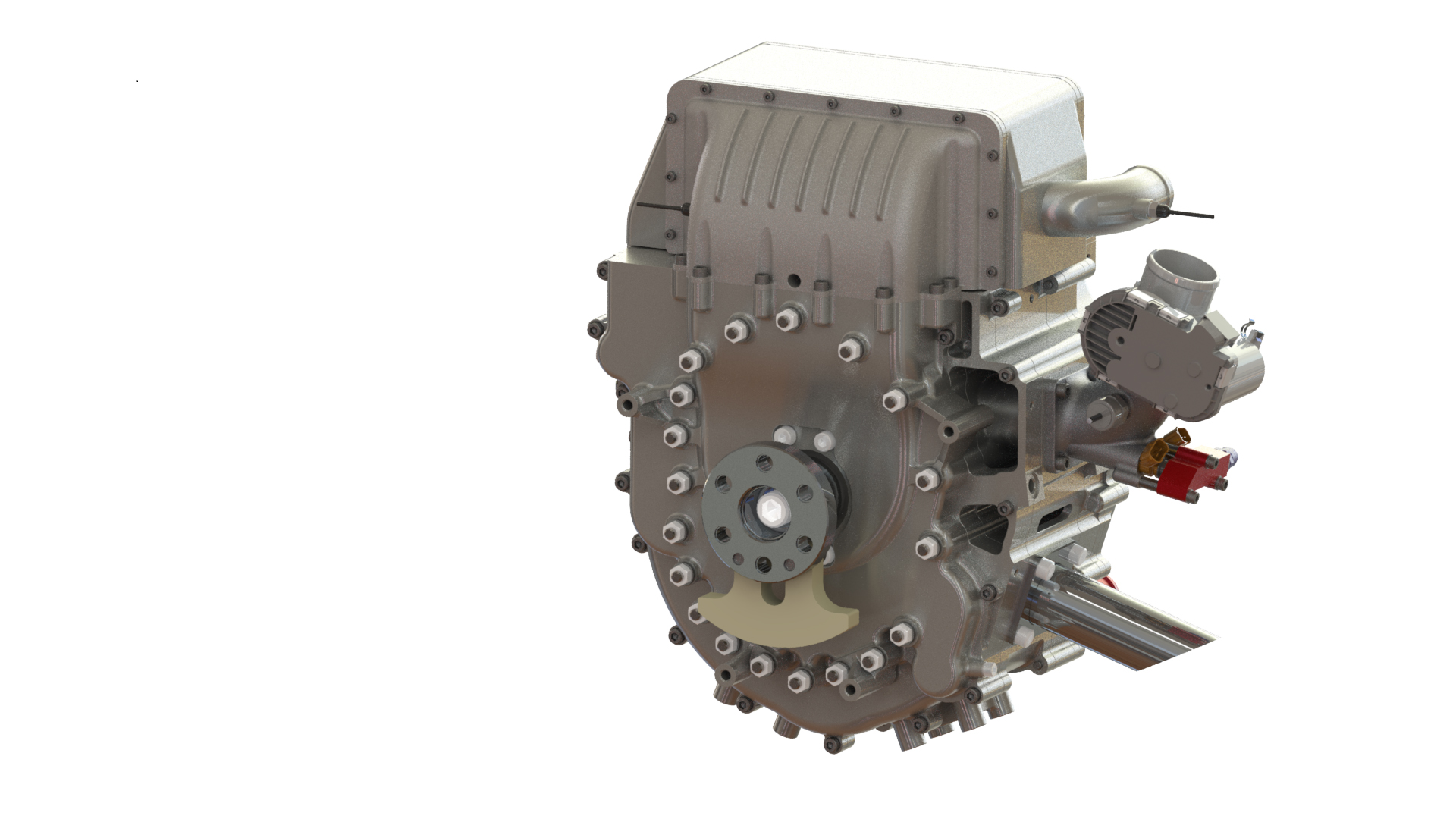Brunel and AIE build engine of the future and it’s powered by plants
A bold collaboration aimed to bring research to reality could rewrite the rulebook on sustainable energy.
Advanced Innovative Engineering (AIE), the leader in high-performance rotary engines, is teaming with Brunel University of London to develop biofuel-powered rotary engines.
The partnership joins cutting-edge research with hands-on industry innovation to reduce emissions without compromising performance.
Rotary engines, also called Wankel engines, are engineering’s overachievers. They’re small, sleek, efficient and surprisingly powerful. Unlike bulkier piston engines, they’re lightweight and built for high-speed performance. That makes them ideal where size and power matter most — like in sports cars, motorbikes, drones, boats and portable power generators. But their brilliance brings challenges in fuel efficiency, emissions and durability.

Professor Xinyan Wang, at Brunel’s Centre for Advanced Powertrain and Fuels, explains: "Rotary engines are high-speed spinners that pack vast power into a small package. By combining this technology with biofuels, we’re creating engines that don’t just deliver performance — they deliver sustainability too."
Biofuels — made from plants, food and industrial waste, and other organic materials such as sewage — are renewable, so represent a holy grail in the rush to slash carbon emissions. Unlike traditional fossil fuels, they burn cleaner and can be produced sustainably, reducing reliance on finite resources.
“With this partnership, we are harnessing the advantages of rotary engine technology — such as compactness, efficiency and power density — and combining them with the environmental benefits of biofuels,” said Nathan Bailey, Managing Director of AIE. “This project not only aligns with global sustainability goals but also positions AIE as a pioneer in clean energy solutions for a diverse range of industries.”
The collaboration is one of Innovate UK’s Knowledge Transfer Partnerships (KTPs), a UK-wide initiative to connect businesses with universities to use cutting-edge technology to solve real-world challenges. Brunel will share its research expertise with AIE, helping it set up a dedicated analytical team. They will focus on refining high-performing, reliable biofuel-powered engines for off-road vehicles, generators and small marine vessels that leave the air cleaner.
"At Brunel, we are dedicated to transforming research into practical solutions for pressing global challenges,” said Professor Hua Zhao, Brunel’s Pro Vice-Chancellor (Research). “By leveraging our expertise in advanced simulation and experimental techniques, we will collaborate with AIE to adopt biofuels in their Rotary engines as sustainable powertrain solutions for the transport and off-road mobile machinery industries. This partnership highlights how innovation and sustainability can work seamlessly together."
For more, visit Knowledge Transfer Partnerships (KTP)